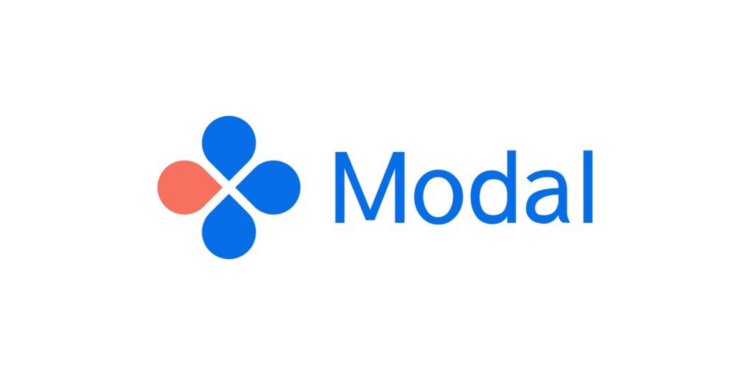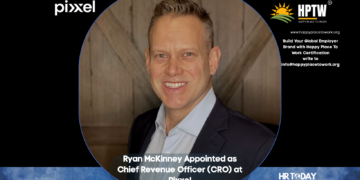Modal, an innovator in skills development for data and analytics professionals, has successfully closed a $25 million Series A funding round, marking a significant milestone in the company’s journey. The investment round, led by Left Lane Capital and Ensemble VC, with contributions from Signalfire and Learn Capital, underscores the robust demand for AI skills in the marketplace and Modal’s effective approach to meeting this demand.
Founded by Darren Shimkus and Dennis Yang, former executives at Udemy, Modal aims to transform the landscape of technical and AI skills training. Leveraging their extensive experience in scaling Udemy to an IPO, Shimkus and Yang have designed Modal to offer personalized learning experiences through one-on-one expert coaching and practical, job-simulated projects. This method has proven to yield a remarkable 75% graduation rate among participants, significantly higher than the industry average.
Get Your Organization Happy Place To Work (HPTW) Certified : Why Workplace Happiness Matters Now More Than Ever
HAPPY PLACE TO WORK INSTITUTE (www.happyplacetowork.org)
Modal’s innovative pricing model is another area where it sets itself apart. Unlike traditional subscription-based services with low engagement rates, Modal introduces a success-based model. This approach ensures that companies invest in tangible outcomes, paying for the platform only when employees successfully complete their courses and demonstrate their newfound skills through comprehensive capstone projects.
In the past year, Modal has shown impressive growth, attracting over 100 large enterprises to its customer base, including names like Dentaquest and Casey’s. The platform’s focus on generative AI training and productivity enhancements through AI has seen substantial engagement, with learner engagement rates 15 times higher than the industry standard.
The fresh infusion of capital from the Series A round will be instrumental in further developing Modal’s platform, expanding market reach, and attracting top talent to join the team. Modal’s future plans include the introduction of Organizational Development Plans (ODP), aimed at aligning company objectives with specific skill development needs, thereby fostering a more data-driven organizational culture.











